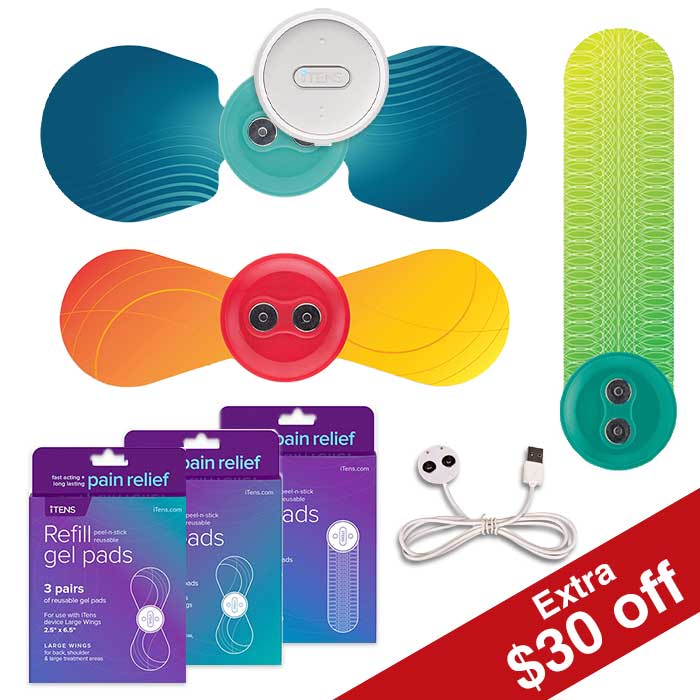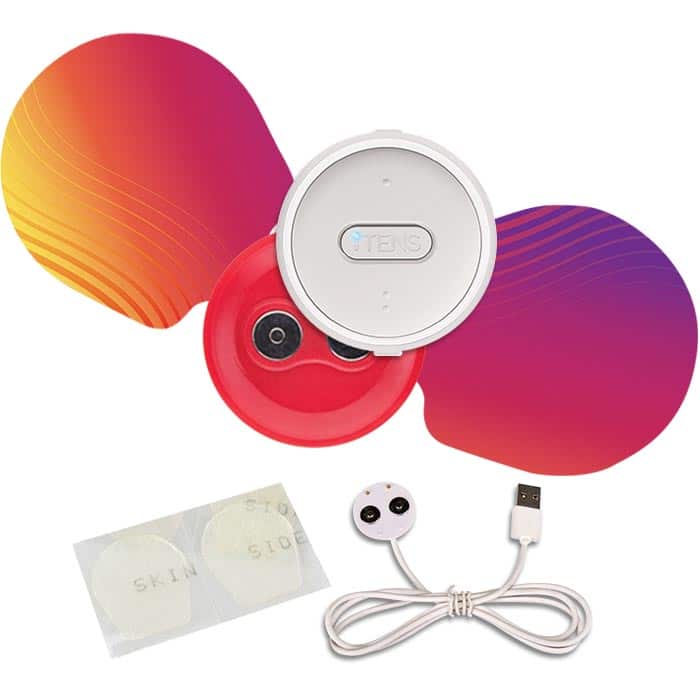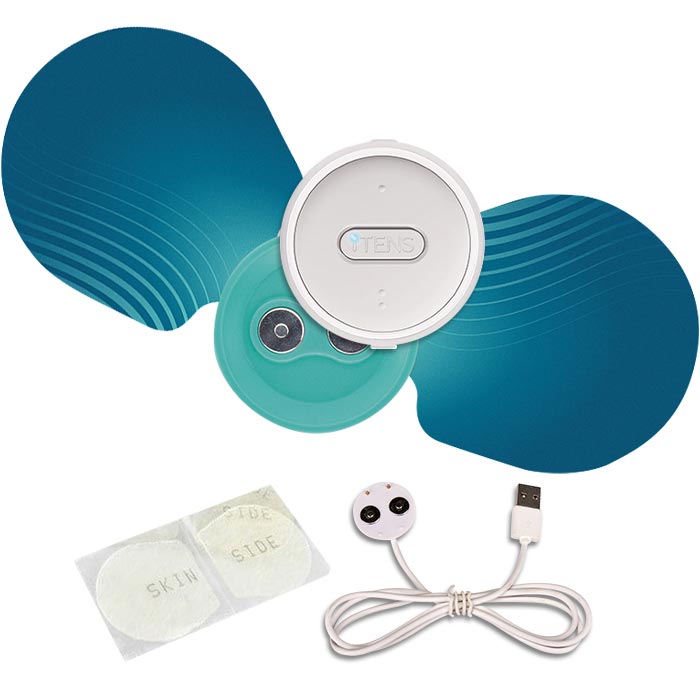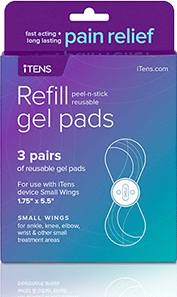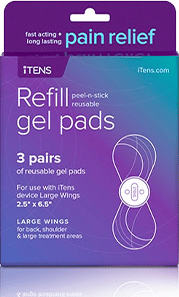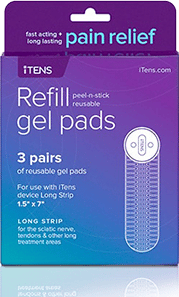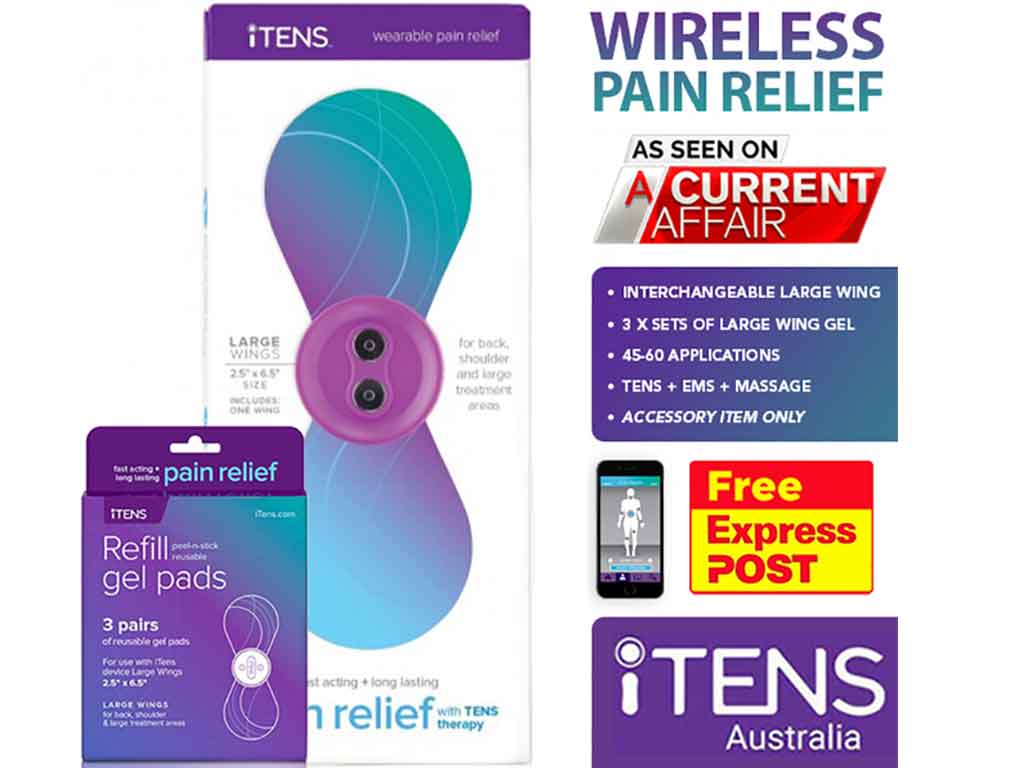
A physio pulse machine is a device that relieves pain during rehabilitation. A main example is the Transcutaneous Electrical Nerve Stimulation (TENS) machines. These devices stimulate nerves through low-voltage electrical currents to relieve pain symptoms. Low frequencies trigger endorphin production. Meanwhile, high frequencies stimulate spinal nerve cells to block the pain signals from reaching the brain. To ensure personal safety, read the guidelines and avoid placing them in sensitive areas.
Pad placement is vital to relieving pain through TENS therapy. Users should consult a healthcare professional before using these devices and follow the prescribed session duration of 15 to 60 minutes. Using TENS allows the patient to reduce or forgo their intake of pain medicines during physical therapy. This is ideal for those who prefer drug-free alternatives to avoid adverse effects. This article will present the definition of a pulse machine, how it works, and safety guidelines for using it.
What is a Physio Pulse Machine
A physio pulse machine can also be defined as a TENS machine for physiotherapy. It is non-invasive and uses low-voltage electrical currents to relieve pain by inducing the body to feel fewer pain signals. Many doctors and physical therapists use them in hospitals and clinics to help patients with chronic and acute ailments like fibromyalgia, headaches, sciatica, and lower back pain.
TENS devices come in wired and wireless forms. Both are available to be used at home without medical supervision. Handheld wired units rely on lead cables to connect the controller and the electrodes. Meanwhile, many wireless units use Bluetooth technology to control the electrodes. The controllers come with user-friendly interfaces for convenient and portable pain relief.
Moreover, the electrodes can provide pain relief in different parts of the body. Experts generally recommend focusing on one area to maximise the session’s effectiveness. It also improves body functions like blood circulation. This can result in better moods and speedier recovery periods.
How to Use a TENS Machine
These are the steps for using a TENS machine:
- Clean the skin with soap and water and dry the area before attaching the electrode pads.
- Attach the pads on muscly parts near or on the pain area. If the machine is wired, ensure the lead cables are securely attached.
- Turn on the machine in the lowest settings to avoid sudden shock or discomfort.
- Gradually increase the frequency and intensity or select a pre-set mode to provide optimal pain relief.
- Use the machine for 15-60 minutes per session.
- Turn off the machine.
- Remove the electrodes carefully and clean them before storing them.
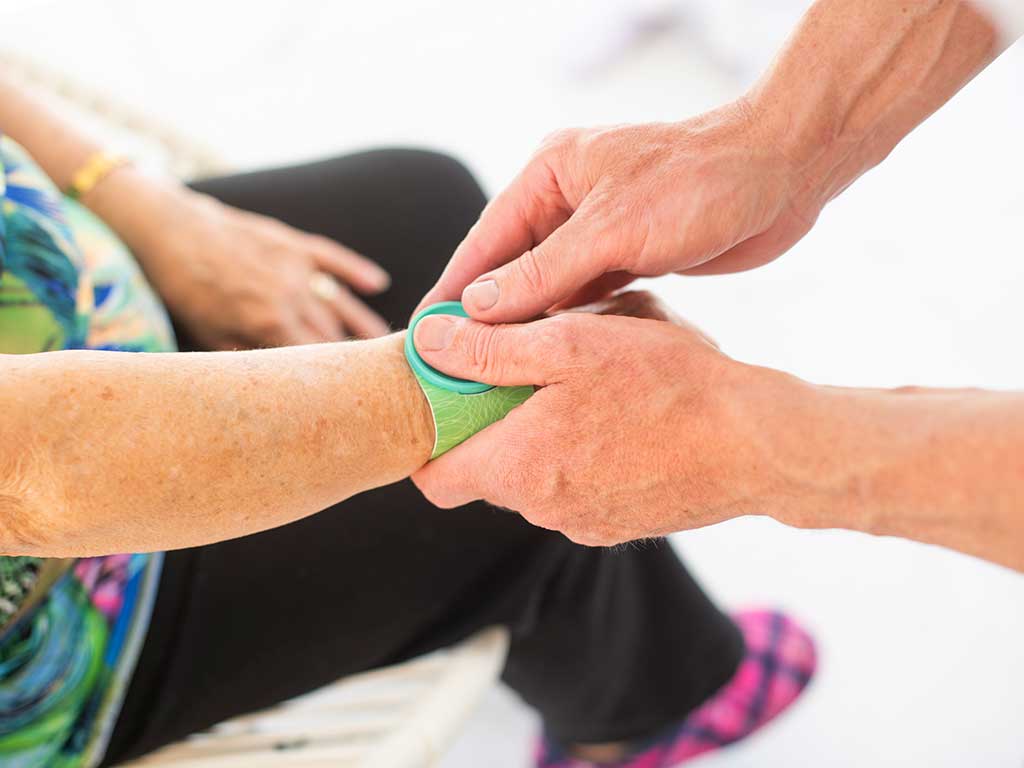
How Physio Pulse Machines Work
A physio pulse machine uses different frequencies and intensities of electrical stimulation for pain relief in chronic and acute conditions. High frequencies (50-120 Hz) stimulate the spinal nerve cells to prevent the pain signals from reaching the brain. This setting is ideal for acute pain and can take effect within 30 minutes of the session.
In contrast, low-frequency stimulation (2-10 Hz) is ideal for chronic pain. At this level, the electrical currents stimulate the production of pain-killing hormones called endorphins. These hormones slowly build up and relieve the pain. It has a slower onset but lasts hours after the session.
Meanwhile, some factors may affect the effectiveness of the therapy. This includes the device, settings applied, and sensitivity of the user to electrical stimulation. It is vital to use the proper settings to attain the desired effects. Some may need to use more electrodes to deliver more power. However, some may be too sensitive to reach the ideal level. Lastly, repeated use of high-frequency stimulation may result in lower effectiveness.
Benefits of Using TENS During Rehabilitation
There are many benefits to using TENS during rehabilitation. TENS machines provide pain relief that can reduce or replace the intake of oral pain medication. This allows the patient to avoid the adverse effects of pain medicines, such as headaches, stomach bleeding, heartburn, and drowsiness.
Furthermore, TENS therapy is not addictive and can be used up to four times daily. Individuals can use TENS at home without medical supervision. Additionally, the production of endorphins during sessions can help reduce inflammation and lessen stress. This results in less fatigue and boosted energy levels for more activities and exercise to help with recovery.
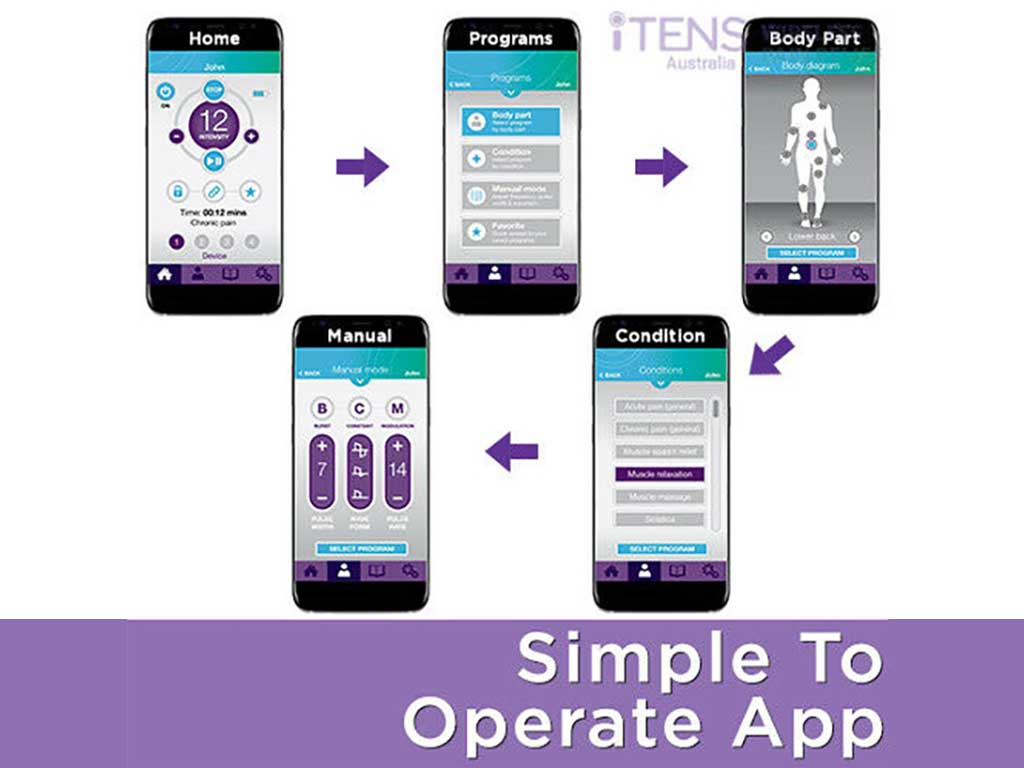
Safety Guidelines for Physio Pulse Machines
It is vital to exercise safety precautions before using a physio pulse machine. Additionally, it is best to consult a healthcare professional before using electrotherapy devices. This is especially true for those with underlying health conditions that may react negatively to electrical stimulation. Doctors and physical therapists can prepare treatment plans that safely incorporate TENS therapy.
Moreover, it is essential to read the machine guidelines provided by the device manufacturer. The user should familiarise themselves with their device and ensure all the accessories are in good condition. Adhesives should be clean and sticky, and lead cables should not have broken parts. They should be stored in a clean and dry place when not in use. Moreover, do not share electrode pads, as this increases the risks of infection.
Furthermore, proper pad placement is essential to alleviating pain. Do not place the electrodes in sensitive areas like the throat, mouth, eyes, joints, bones, and top of the head. Additionally, avoid placing adhesives on damaged, irritated, or infected skin. Lastly, avoid using the device beyond the prescribed time because this can cause overstimulation.
Who Should Avoid TENS
Although TENS is a safe way to relieve pain for many people, some should abstain from using TENS machines. Some may have health conditions that may react negatively with electrotherapy. These include people with histories of heart disease, epilepsy, and cancer. Pregnant women are also advised to avoid TENS. However, they may consult their doctors about using this machine during labour.
Moreover, people with electrical and metal implants should abstain from using TENS. This is because the electric currents may cause their devices to malfunction. Lastly, those with spinal cord injuries or conditions affecting their nervous systems should avoid using TENS.
Conclusion
Physio pulse machines are helpful for pain management for those undergoing physical therapy. It is effective for many chronic and acute conditions and has minimal risks. Moreover, it is complementary to many treatments due to its non-invasive nature. Nevertheless, the individual should consult a medical professional before undergoing TENS therapy to ensure its safety for their condition. Doctors and physical therapists can also advise on the amount of sessions, duration, and settings for the treatment.
Besides pain relief, TENS machines also relax the muscles, reduce inflammation, and improve the range of motion. This is ideal to use while exercising to speed up recovery periods and rehabilitation. Furthermore, some devices are designed to be used at home. This reduces trips to hospitals and clinics and allows for convenient use in various places. The iTENS from ITENS Australia is an FDA-cleared wireless TENS machine controlled with a smartphone application through Bluetooth technology.







